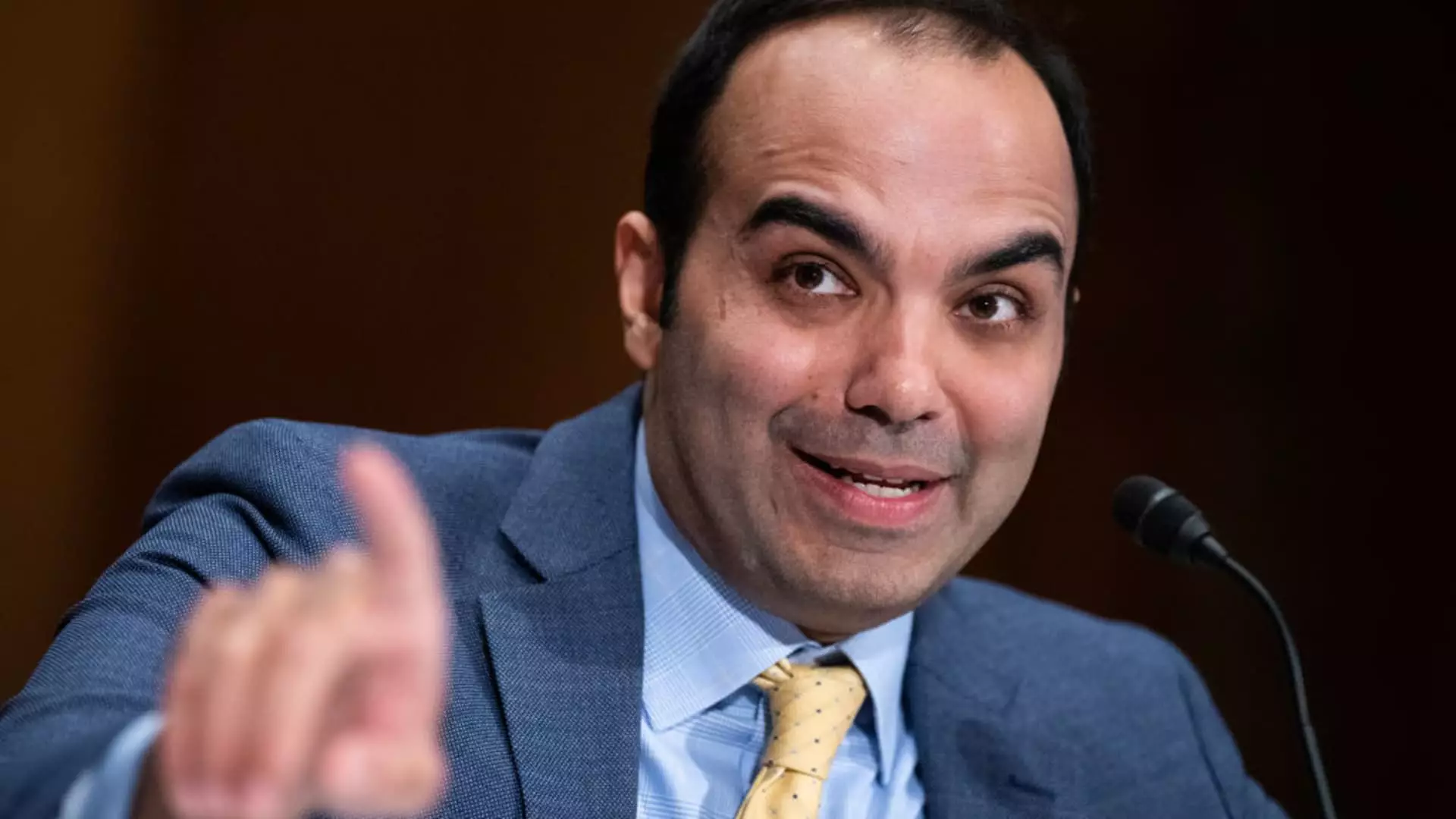The Consumer Financial Protection Bureau recently announced a new rule that would limit the late fees that banks can charge their customers to $8 per incident. This change is expected to save more than 45 million card users an average of $220 annually, significantly reducing the financial burden on many Americans.
The decision to implement this rule comes after a thorough review of data related to the 2009 Card Act, which granted card issuers the authority to charge increasingly higher late fees. For over a decade, credit card companies have been taking advantage of this loophole to extract billions of dollars in fees from consumers. CFPB Director Rohit Chopra emphasized that the new rule marks the end of this era of exploitation by big credit card companies.
The new rule not only caps late fees at $8 but also eliminates automatic inflation adjustments on these fees. Instead, the agency will adjust the fee if necessary to cover collection costs. While card issuers can charge higher fees if they can prove it is necessary, the rule aims to protect consumers from excessive charges. This is particularly beneficial for individuals with low credit scores who have been paying an average of $138 annually in late fees per card.
Despite the potential benefits for consumers, the announcement has faced criticism from industry groups. Some argue that the new rule may lead to higher interest rates and reduced credit availability for many card users. The Consumer Bankers Association raised concerns that the rule prioritizes consumer redistribution over consumer protection. Additionally, the American Bankers Association is exploring options to challenge the implementation of the late fee cap.
Republican Senator Tim Scott of South Carolina has expressed his intention to use the Congressional Review Act to oppose the new rule. This signals a potential political battle over the regulation of late fees on credit cards. Regardless of the opposition, the rule is set to go into effect 60 days after its publication in the Federal Register.
The new rule limiting late fees on credit cards to $8 per incident represents a significant win for consumers. By curbing the excessive fees charged by big credit card companies, the rule aims to protect individuals from financial exploitation. While there are concerns and opposition from industry groups and lawmakers, the overall impact of this regulation is expected to benefit millions of card users across the country.

